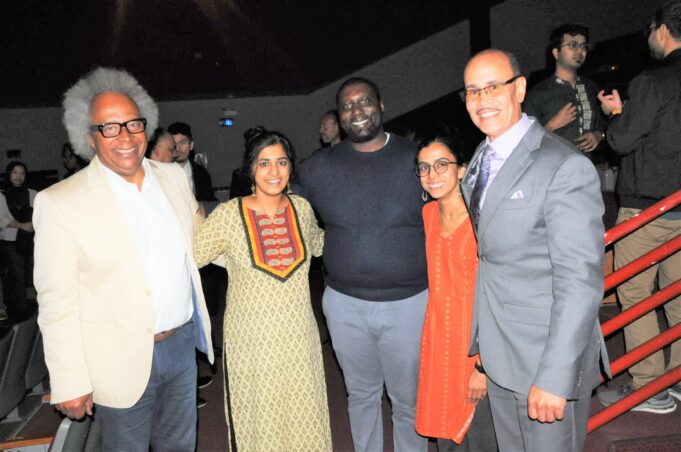by Shawntell Muhammad
Contributing Writer
CHICAGO—The iconic Paul Robeson was born on April 9, 1898, in Princeton, New Jersey. Robeson’s father, Reverend William D. Robeson, escaped from slavery and his mother, Maria Louisa Bustill Robeson, was a teacher whose family were prominent Quakers in Philadelphia.
Robeson received a full scholarship to attend Rutgers University becoming the university’s third Black student. After graduating as class valedictorian, he attended Columbia University Law School.
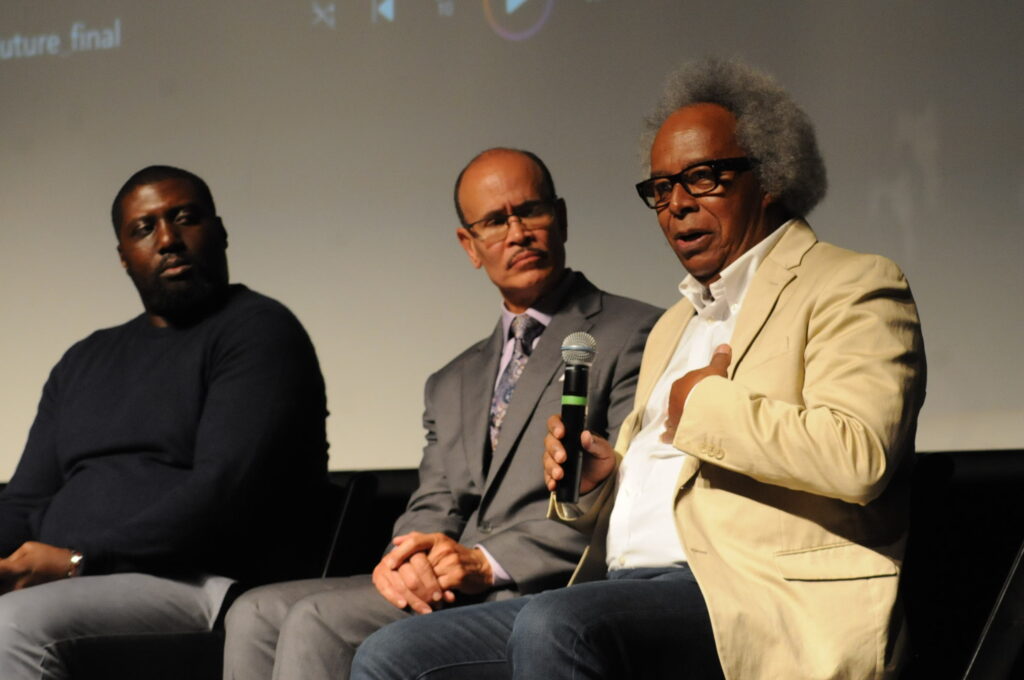
During his lifetime, Mr. Robeson became exceptional in his endeavors. He was a prime athlete, actor, singer, cultural scholar, author, and political activist. Mr. Robeson spoke in more than 20 languages and sang in more than 50 languages to promote world peace and human rights. Some of the languages he was fluent in were Russian, French, Spanish, Chinese, Swahili, Zulu, and German.
The DuSable Black History and Education Center in Chicago hosted an intimate memorial in honor of Robeson’s 125th birth anniversary on May 25. An organizer of the event, Dr. Meghna Chandry, is a member of the Saturday Free School for Philosophy and Black Liberation.
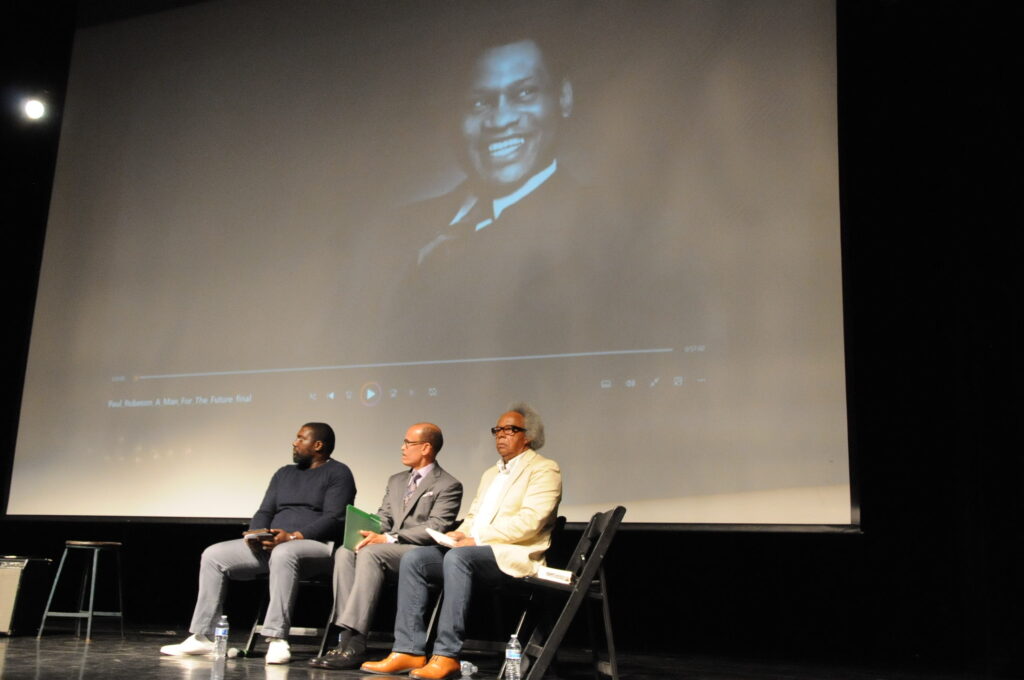
Neha Chivukula, co-organizer of the event, introduced the documentary, “Paul Robeson: Man for the Future,” for a special viewing to audience members.
The intriguing short documentary educated viewers on the love, boldness, and compassion Robeson had for not only Black people in America but for all oppressed people around the world. His outspokenness led him to be placed on the United States government’s Communist list.
After the documentary, there was a panel discussion. Esteemed panelists included Student Minister Ishmael Muhammad, the National Assistant to the Honorable Minister Louis Farrakhan of the Nation of Islam; Dr. Anthony Monteiro of the Saturday Free School for Philosophy and Black Liberation based in Philadelphia; and Perry Diggs of the DuSable Museum.
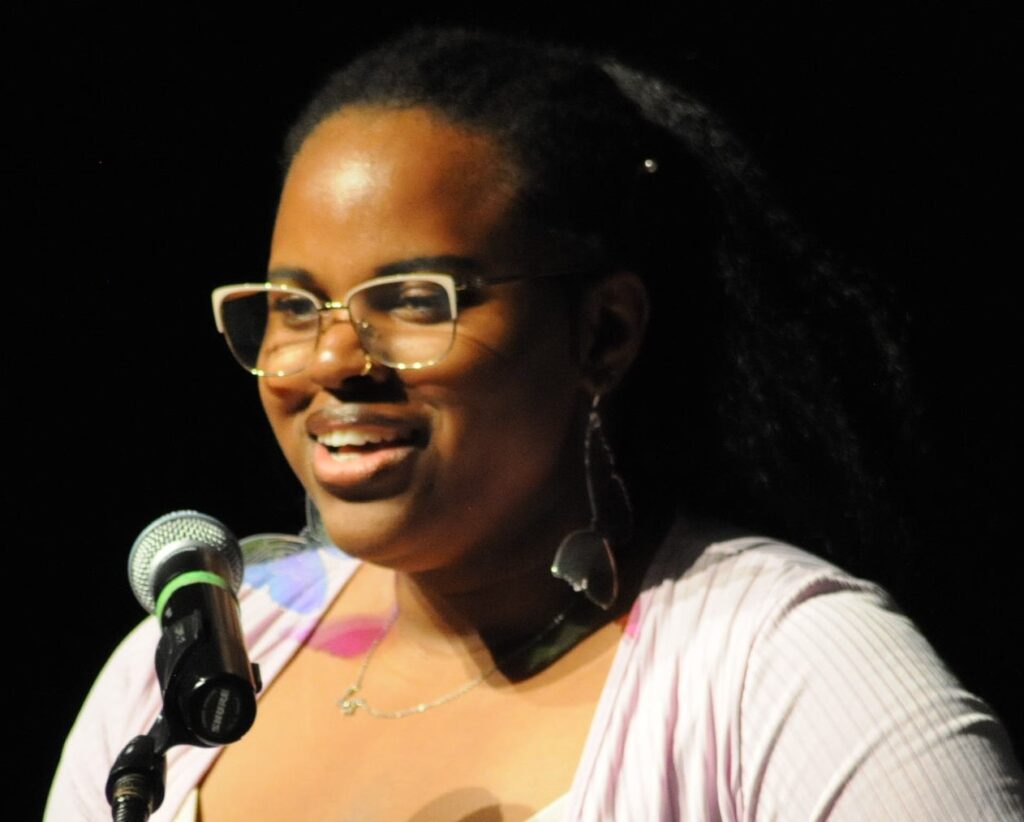
“I was asked to talk about how the legacy of Paul Robeson and the Honorable Elijah Muhammad are interconnected, and while I highlight a few things that the two brothers had in common, I would like to share these few words to show how interconnected all were because all served a cause bigger than themselves,” Student Minister Ishmael Muhammad stated.
“The most obvious that they had in common is that they were Black and proud, and courageous, and strong, and fierce. They sacrificed for a cause bigger than their life and that is what makes their legacy live beyond the grave. When we live only for ourselves then once you’re gone, you’re gone, but when you live for a cause bigger than your life then you are remembered into the future generations,” he added.
“Paul Robeson is the first from the field of arts and culture to use his talents for the liberation of the suffering and oppressed. He sold out concerts all around the world and he is by far our most talented leader, besides having incredible vocal cords in his baritone voice, he was an actor on stage and on the big screen. He was a lawyer, a star athlete, a scholar who became an activist.
He began to use his rich base voice to speak out against injustice. He spoke for independence, freedom, and equality not only for his own people, but for all people. He believed that artists should use their talents and exposure to aid causes around the world,” noted Minister Ishmael Muhammad.
Dr. Anthony Monteiro explained the importance of people becoming more acquainted with the life and works of Mr. Robeson.
“Today fewer and fewer people know Paul Robeson, and fewer people realize his importance, not just in the past but for the future. Perhaps if any people had so thoroughly studied human beings scientifically, the cultures and civilizations through their life and choosing music as had Paul Robeson. He discovered scientifically the vast diversity, which is humanity, he discovered a universal human that within every culture and every civilization was every other culture and civilization,” said Dr. Monteiro.
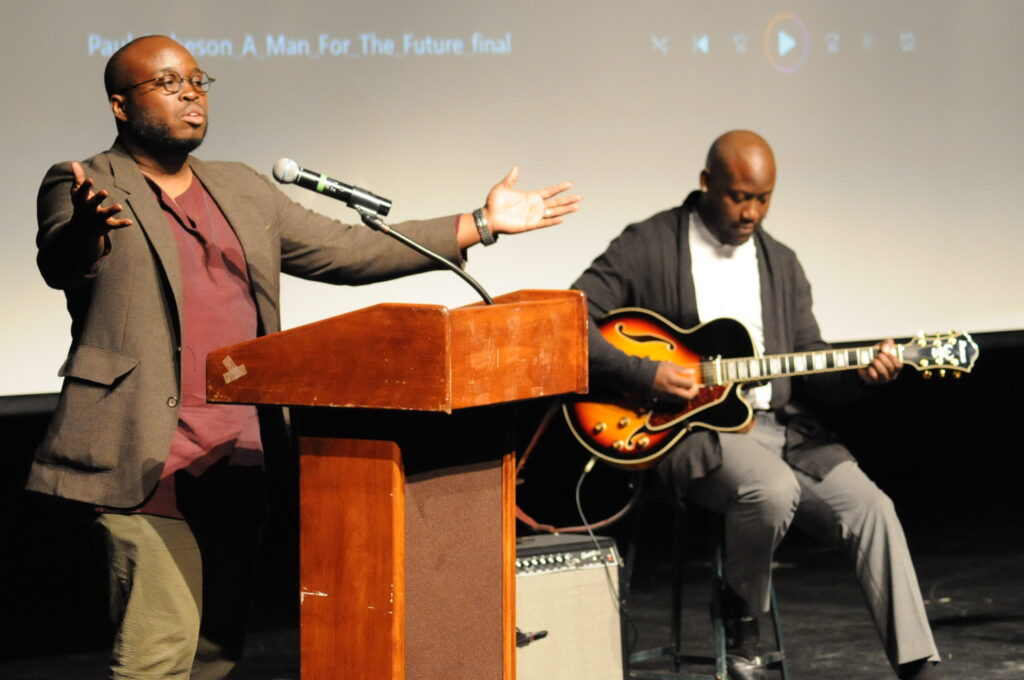
Perry Diggs stated, “Today when I think about heroes, I think everyone can agree that we all have a hero in our life. Of course, because we are not monolithic people, we all have different things that we value, so that person or persons that serve as great motivators, one might not be the same to another. Also, the act of living is a very fluid thing, those things can change.”
Mr. Diggs continued, “As I have gotten older, I started to study African American history, my mind has been opened to a whole world of people that I admire, that inspire me.”
There was a brief question and answer session, followed by a poem read by graphic artist Kristyn Stalling, and Yaw Agyeman sang a song, and ending the program was Larry Brown Jr., who performed on his guitar.
Shawntell Muhammad can be contacted at [email protected].












